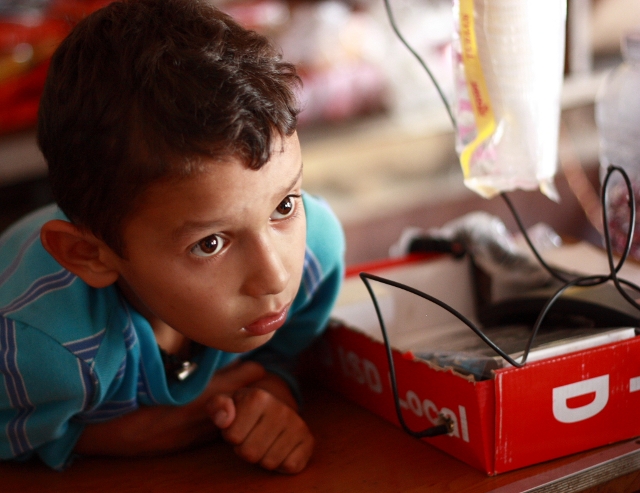
Its like you have been trekking down a heavily wooded hillside and have suddenly come out into a clearing; a grassy clearing with a large something in the middle. The something would be the image of your mind's last thought. That image is very clear in your mind, and mostly the image of the just previous thought also. You may also remember the image of a thought that occurred sometime back; like say when you started the trek, to fit it into this scene.
But can you bring forth into your mind the images of every big stone, huge tree and colorful flower on the path that you just trekked down?
Translating; can you remember all the thoughts, or images of thoughts, that occurred between that old thought whose image is clear to you and the very last thought thats crisp on your mind?
Mostly not, unless you are aregular practioner of the art of thought rewinding.
Thought rewinding should begin, obviously, from the very last thought. Mostly, the image of the just previous thought would also be clear in your mind or you could rather easily recall it. But the image of the one prior to that may not be visible. Do not lose heart, its surely hiding somewhere remote in your neuron circuits. With some effort and a few trials you should succeed in bringing it back. Now look for the previous one, it may get harder as you go back. Sometimes, surprisingly, chunks of thought links may present themselves all in a flash.
This way, slowly, one by one you can complete all the links till the initial one; and you have successfully done what I call thought rewinding. You may also start from the initial thought or explore from both ends and meet in the middle or fit chunks in the middle etc.
And,
You are said to have attained 'Thought Nirvana' when you can rewind all the way back to very first thought that occurred to you when you woke up today!
:-)























